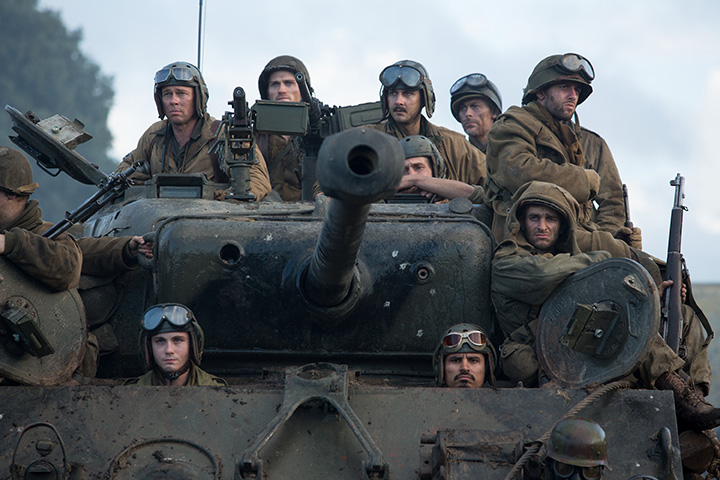- Messages
- 54,308
Shooting unarmed prisoners by U.S. troops happened more in the Pacific, where the Japanese basically stopped taking prisoners, so the Americans retaliated! There is some kernel of truth to that seen, seems the Germans sent Hitler Youth forward with Panzerfausts, told them to take out the lead tank, then surrender, most of the time, the Americans would not shoot them. When Bradly heard this, he was reported to have issued the order, "shoot one of them, and send the other SOB back to tell his comrades what had just happened!" The incidents did stop very quickly after that!
The Hitler Youth were ferocious fighters and were known to be as such by our troops. They knew never to turn their back on them as prisoners because they would take advantage of the situation and kill them. As a consequence, our troops had little problem shooting at Hitler Youth that were shooting at them. They were no longer children. They were people with guns and that is all they saw.



